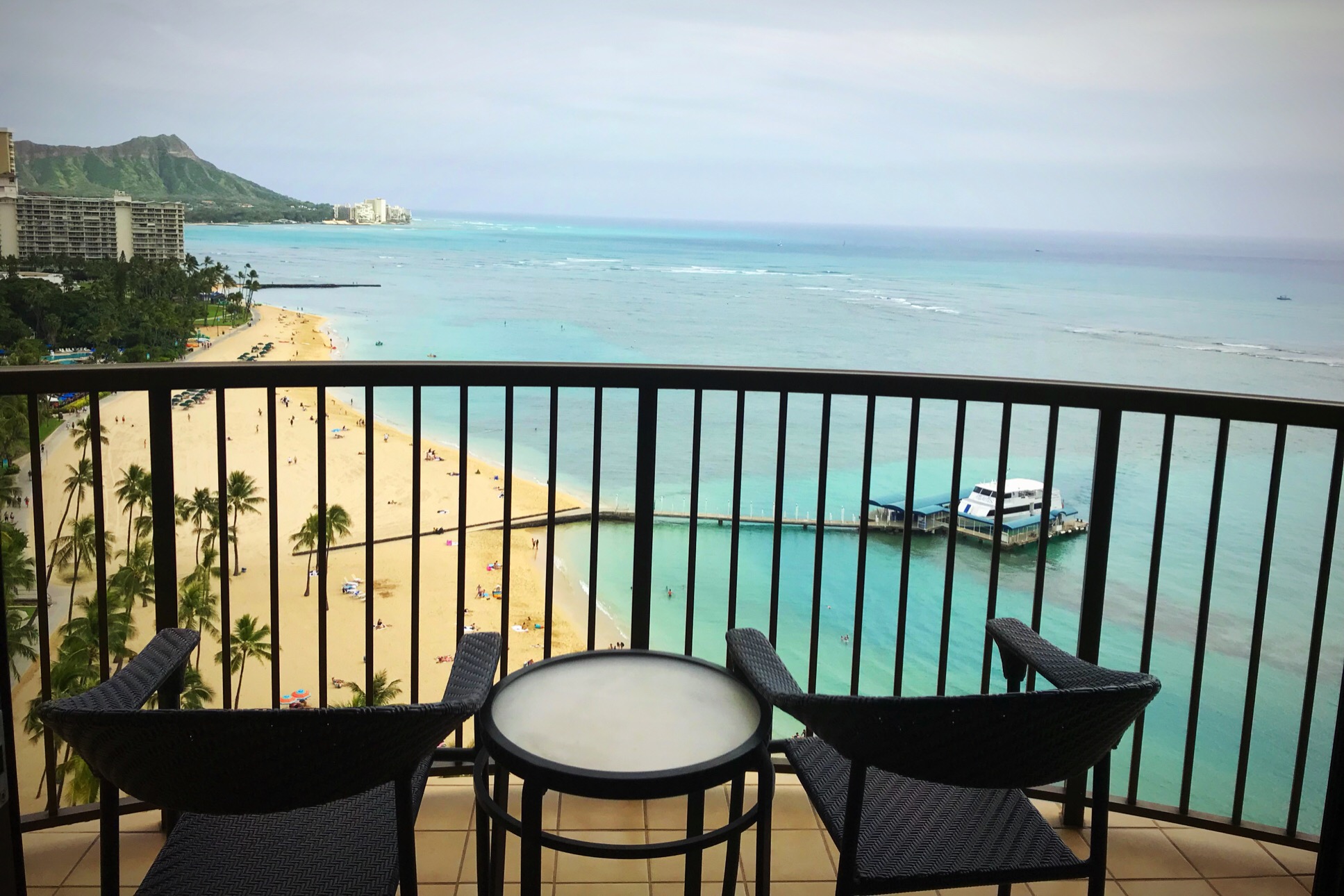Earlier this year, I returned refreshed and mindful from my 5th Think Weekend where I spent 2½ days in Hawaii walking and hiking 31.6 miles to 38 hours of Audible books. Why? I’m not one to turn down carefully constructed advice, especially when it comes from AT&T, Inc. Chairman and CEO Randall Stephenson.
Four years ago, I and a group of Executive MBA classmates had the pleasure of interviewing Randall Stephenson on the topic of leadership. With just five minutes to spare at the end of the interview, we asked for one final piece of advice experienced professionals should consider to be more effective leaders. Thirty minutes later, Randall had laid out his complete adaptation of a Think Week, a two-to-three day personal retreat to reflect on your physical, family, and spiritual well-being and make a series of deliberate decisions for the upcoming year.
Bill Gates is known to take two one-week Think Weeks completely isolated from family, friends, and work in order to immerse himself in hundreds of pages of white papers and use the time to reflect and gain creative insights. Other CEOs followed suit and inspired off-shoots of this concept. Randall Stephenson loved the idea but found himself waiting year after year for the perfect time to take one full week away from work, family, and friends. Instead, he found taking 2-3 days gives you no excuse to wait and is just enough time to disconnect, immerse yourself with materials you want to read, and reflect on the personal decisions needed to prevent you from waking up one day and saying “How the hell did that happen?” His final words “Live with deliberation. Live with purpose.” concluded the interview with all of us still processing this inspiring leadership style.
“Live with deliberation. Live with purpose.”
Randall Stephenson, AT&T, Inc. Chairman and CEO
Anyone who knows me well expects my sheer determination when I’ve made a decision. As I sat in the courtyard following this interview, I pulled out my laptop and planned my first Think “Weekend”, adapting the name to reflect the reasonable timeframe needed. I left with a clear vision, goals, and location ideas. After a conversation with a supportive husband and child, I booked my first Think Weekend for just four months later, a 2 ½-day retreat in Hawaii. By the time I arrived, I had created a reasonable agenda covering books categorized by areas of interest. In an effort to move more after 1 ½ years of studying for hours before and after work, I listened to Audible books as I explored during the day and converted bookmarks into notes and insights in the evenings. I practiced meditation on the beach at sunrise following the Dalai Lama’s book on mindful leadership. I broke personal walking records, discovered a passion for empowering women leaders, and devised a better family culture of living in the present. Returning from the weekend with 10 goals displayed on the inside of my phone case drastically changed my outlook on my personal life, my family, and my career.
I now return to the same place every 7-9 months with a new set of Audible books to accompany new walking and hiking records. Each Think Weekend, I return refreshed, inspired, and mindful of what truly matters in my personal, family, spiritual, and career well-being. And the effects are contagious, spreading to family, friends, coworkers, and anyone else I can inspire to do the same. Whether you owe it to the leader who inspired the concept or to your family to ensure you get out of the weeds and remember what is important, there’s little excuse for not taking the 2-3 days. Low on budget? Stay somewhere close by. Worried about convincing your spouse? Ask him or her to do the same. Worried about taking one day off of work? Go on a holiday weekend.
Now that you’re out of excuses, here are a few tips to get you started:
1. Take a 3-day weekend to go somewhere where you’ll enjoy being alone
2. Select readings in personalized categories that will guide your decisions (Note: Reading doesn’t mean sitting)
3. Turn off all notifications and other interruptions
4. Choose a simple schedule that involves: Switching gears, Interacting with your environment (just not the people), Jotting down ideas, and Reflecting
5. Block out time at the end to roll-up your ideas into a series of decisions
6. Return with a plan to check-in on the progress
7. Proactively schedule your next Think Weekend
8. Last but not least, set an example by encouraging everyone around you to do the same.


